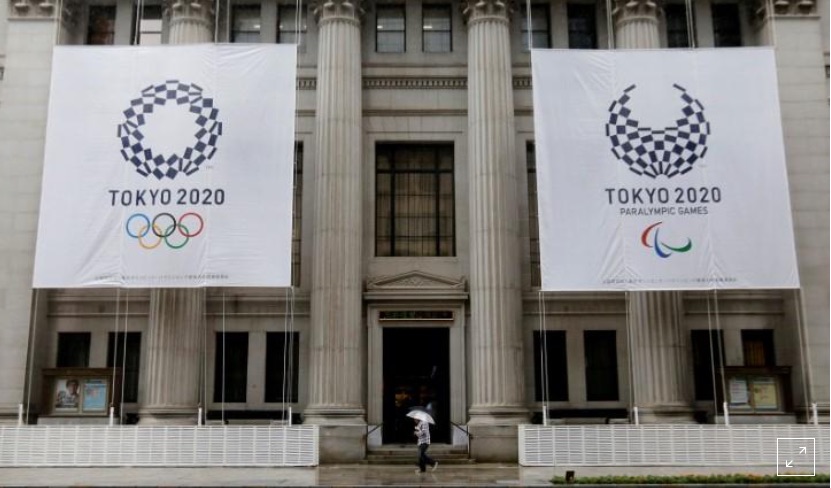During 2018, Japan announced ticket prices for the 2020 Olympics. Ranging from close to $22 to $2,680 (300,000 yen) for prime seating at the opening ceremony, the tickets were supposed to go on sale on May 9, 2019.
And they did.
For the first phase, 3.2 million tickets were offered exclusively to residents of Japan through a lottery. Although the ticket website was initially for Japanese residents, it listed everyone’s prices and a competition schedule. Then, starting June 15, 2019, you and I were able to buy tickets through the “resellers” that do the global distribution (and get at least a 20 percent markup),
We also could have purchased tickets if they had been offered during the Spring 2020, several months before the July 24 start date.
So what happened?
Tokyo Olympics 2020 Tickets
Ticket sales had begun to generate a hefty chunk of a $5.6 billion privately funded operating budget. But then, because of the pandemic, in a March 2021 decision, the Tokyo Olympic Committee banned overseas spectators. Consequently, resellers like CoSport in the U.S. had to provide refunds. But they also said those refunds would be delayed until they got the money from the Tokyo 2020 organizers.
Below you can see an excerpt from the letter the reseller, CoSport, posted at their website. According to The Washington Post, CoSport will not refund its 20 percent handling fee in the U.S.:

Our Bottom Line: Cost
Defined as sacrifice, cost can sometimes be tough to calculate when the closer you look, the more you see. We have frequently noted that looking closely at a transaction or event reveals details that no one might even have imagined. For the coast of England, it meant seeing an infinite perimeter with countless indents and zigzags rather than the lines we see on a map. For Olympics ticket sales and refunds, the details take us to lotteries, to Japanese residents, to resellers, to hotel and travel site packages, to global sales. They involve millions of people and hundreds of millions of dollars that were central to funding an event that, because of delays, could add an extra 22 percent and total a whopping $15.5 billion.
Tokyo Olympics ticket sales compose just one of many plans with countless details that have been upset. All though relate to an unending list of shifting costs as new plans evolve.
My sources and more: This econlife was my springboard for today. From there, facts about ticket sales were at Reuters, the Japan Times and the AP. Then, NPR had a March update, WSJ had the overview of the financial hit of an Olympics delay, and Newsweek had the impact on broadcasters. Crucial also, my firsthand look was at the Olympic ticket sales section of the Tokyo 2022 website and CoSport. The best ticket refund (or lack thereof) article though was from The Washington Post. (Our featured image is from Reuters/Toru Hanai.)






